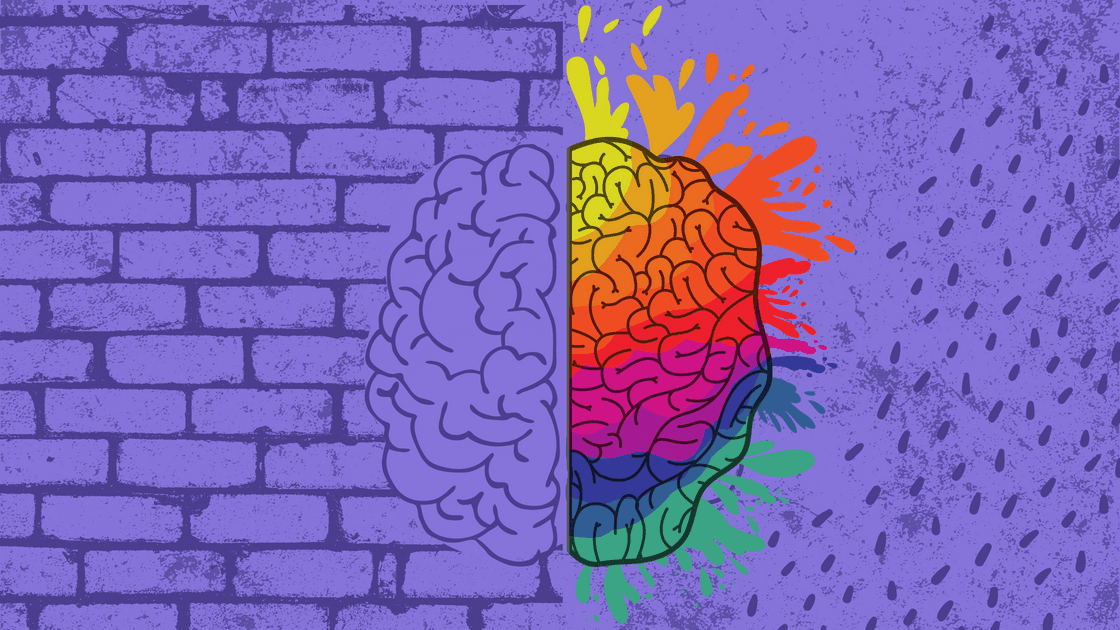
While emotional intelligence is important in face-to-face communication, it can be even more important when it comes to remote working. And unless you work entirely on your own, this can have an adverse impact on your working environment. Fostering emotional intelligence can help one to establish a deeper connection to others despite not communicating in a face-to-face environment.
Emotional intelligence is best defined by four attributes: self-management, self-awareness, relationship management, and social awareness.

Importance of Emotional Intelligence in The Workplace
Not only can emotional intelligence help to forge deeper relationships with your coworkers or clients, it can also allow for managers to develop into leaders. It is proven that people who are successful at leading have not only leadership skills but a high EQ too. In one of the studies it was found that supervisors with higher emotional intelligence were even linked to more employee creativity and innovation. It is also thought that emotional intelligence plays a role in how well workers manage conflict and stress.
Importance of Emotional Intelligence for Remote Workers and Distributed Teams
EI is “all about empathy, inclusion, and respect” which are traits that are much more important in a remote working environment. Those with higher emotional intelligence can be better suited for a remote working environment in which “emotional repairing” techniques can be required.
How to Improve Your EQ
- Listen First – And Actively
- Carefully Communicate
- Be Visible (And Approachable)
- Name Your Emotions
- Journal Your Emotions
- Develop Strategies to Manage Your Emotions
- Put Negative Events into Perspective
- Identify the Emotions of Others
- Learn to See Conflict as An Opportunity, Not A Hurdle
Please follow this link to find out much more about the techniques you can use to boost your emotional intelligence!

